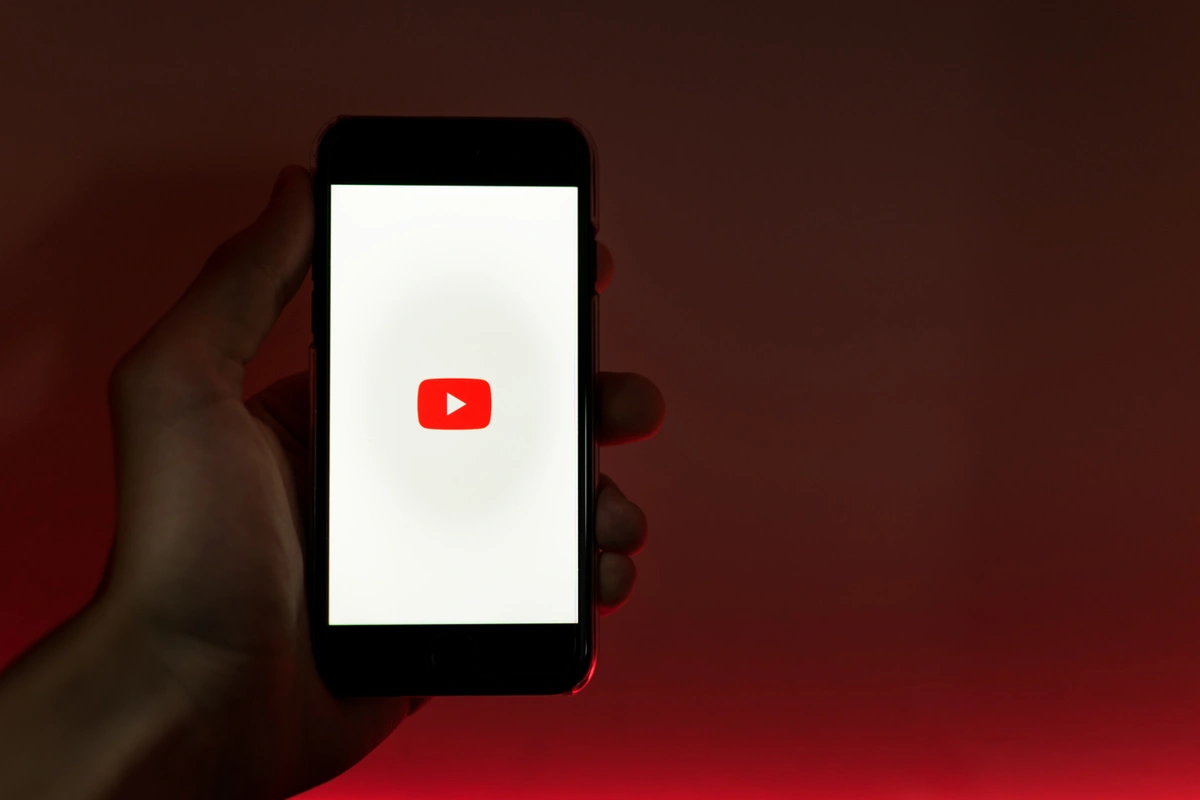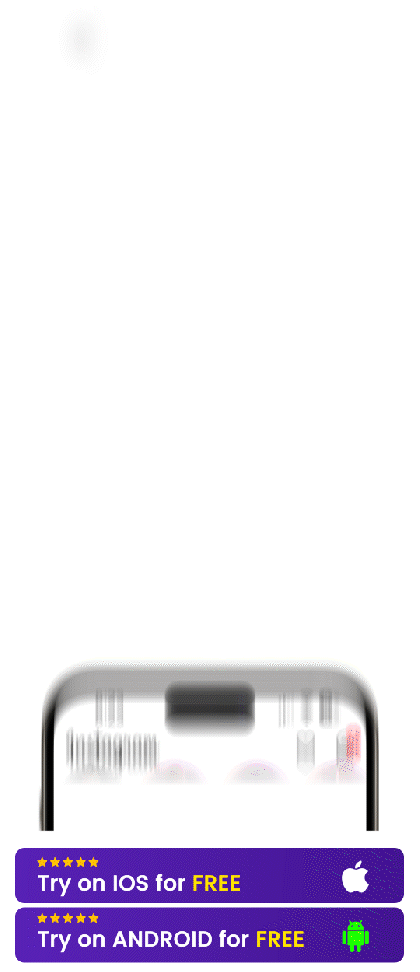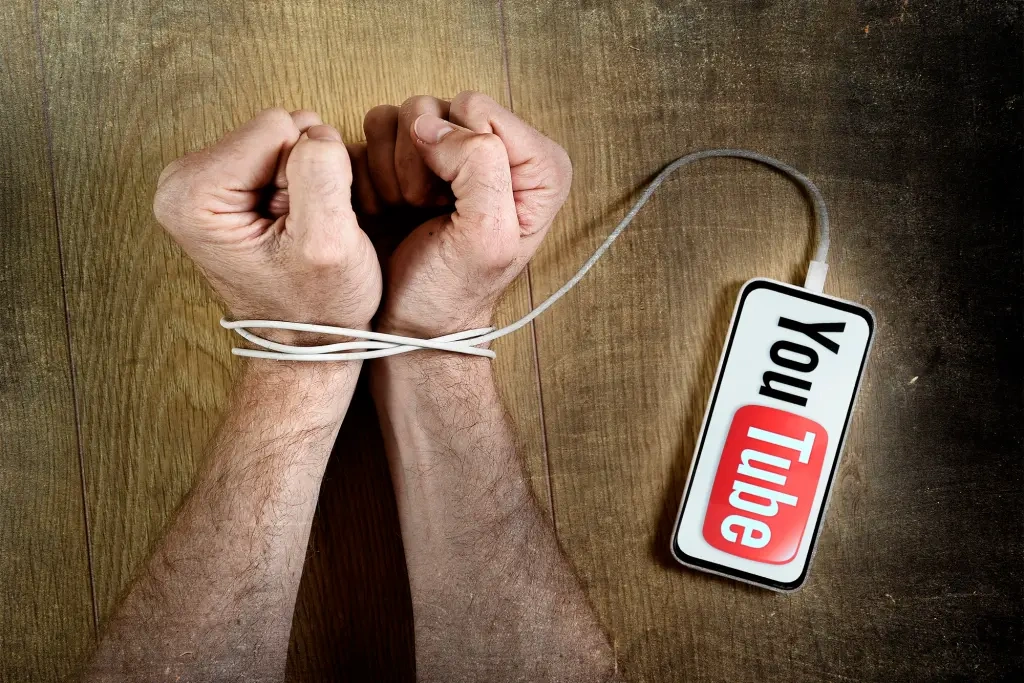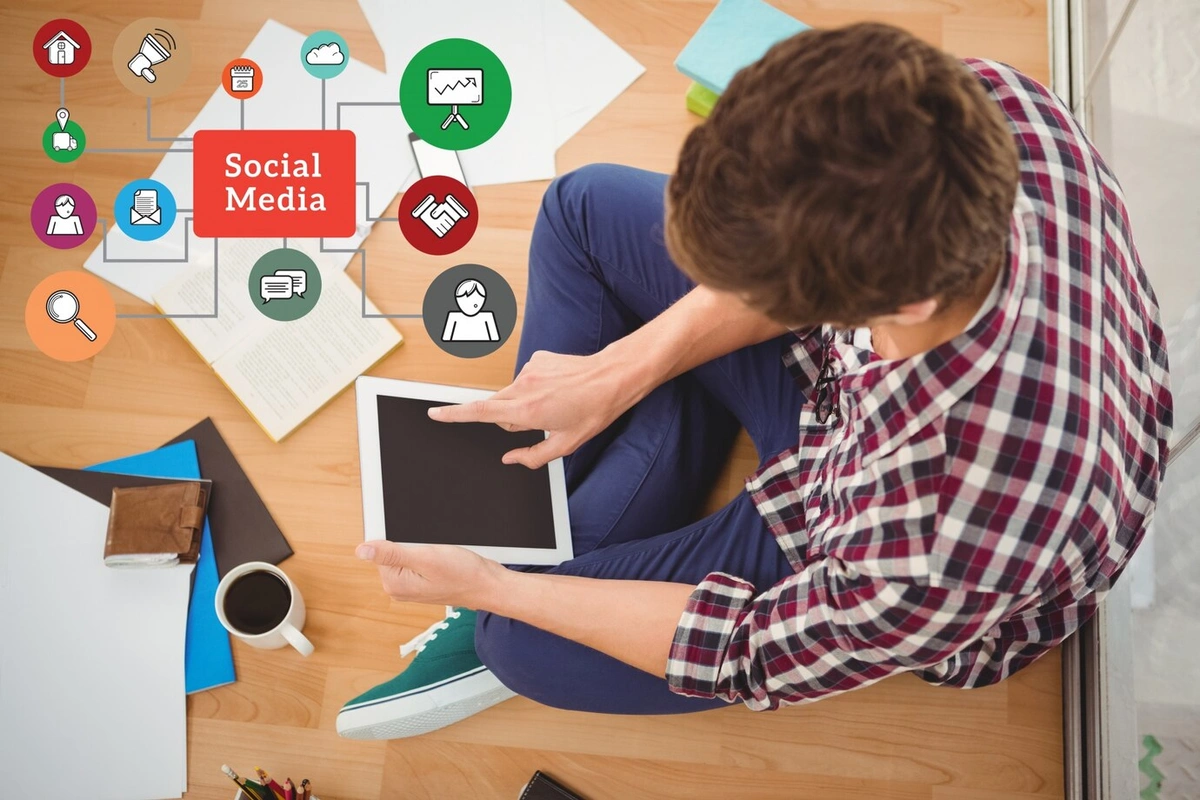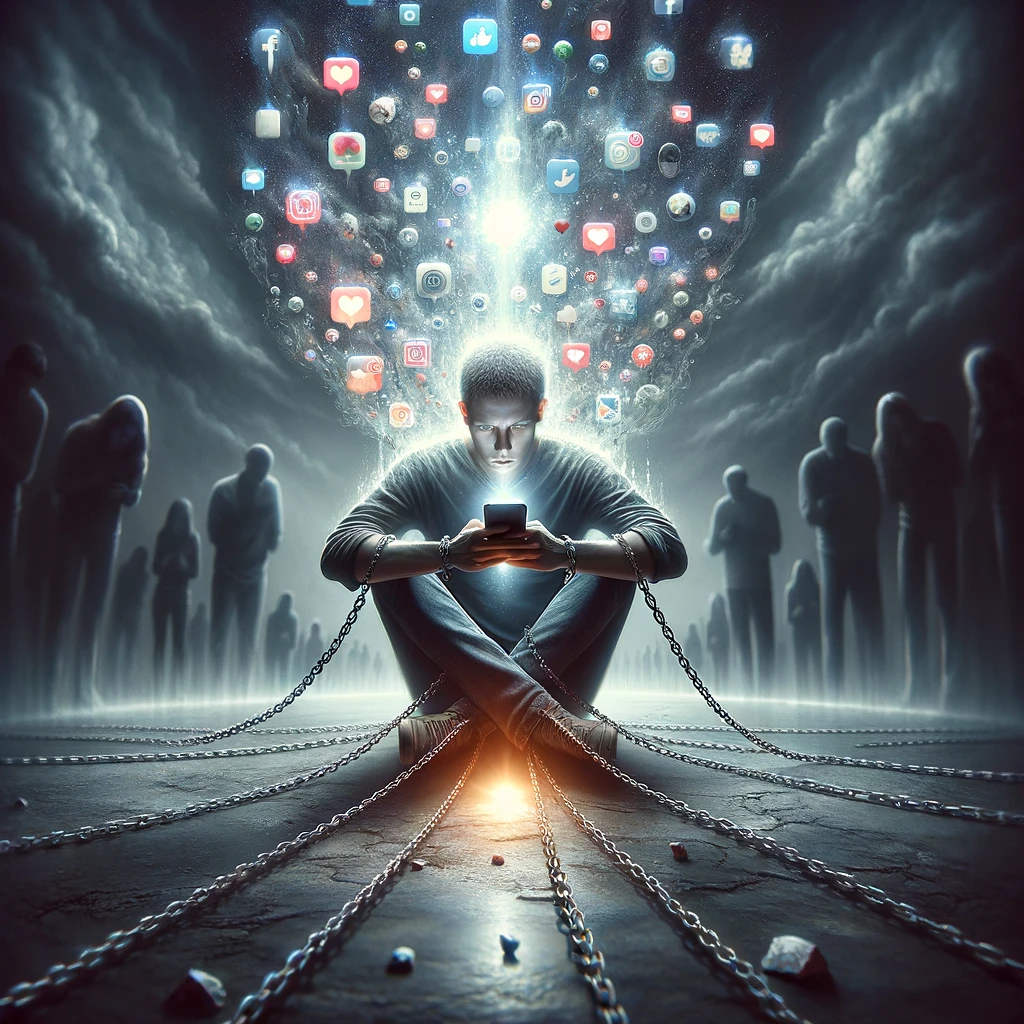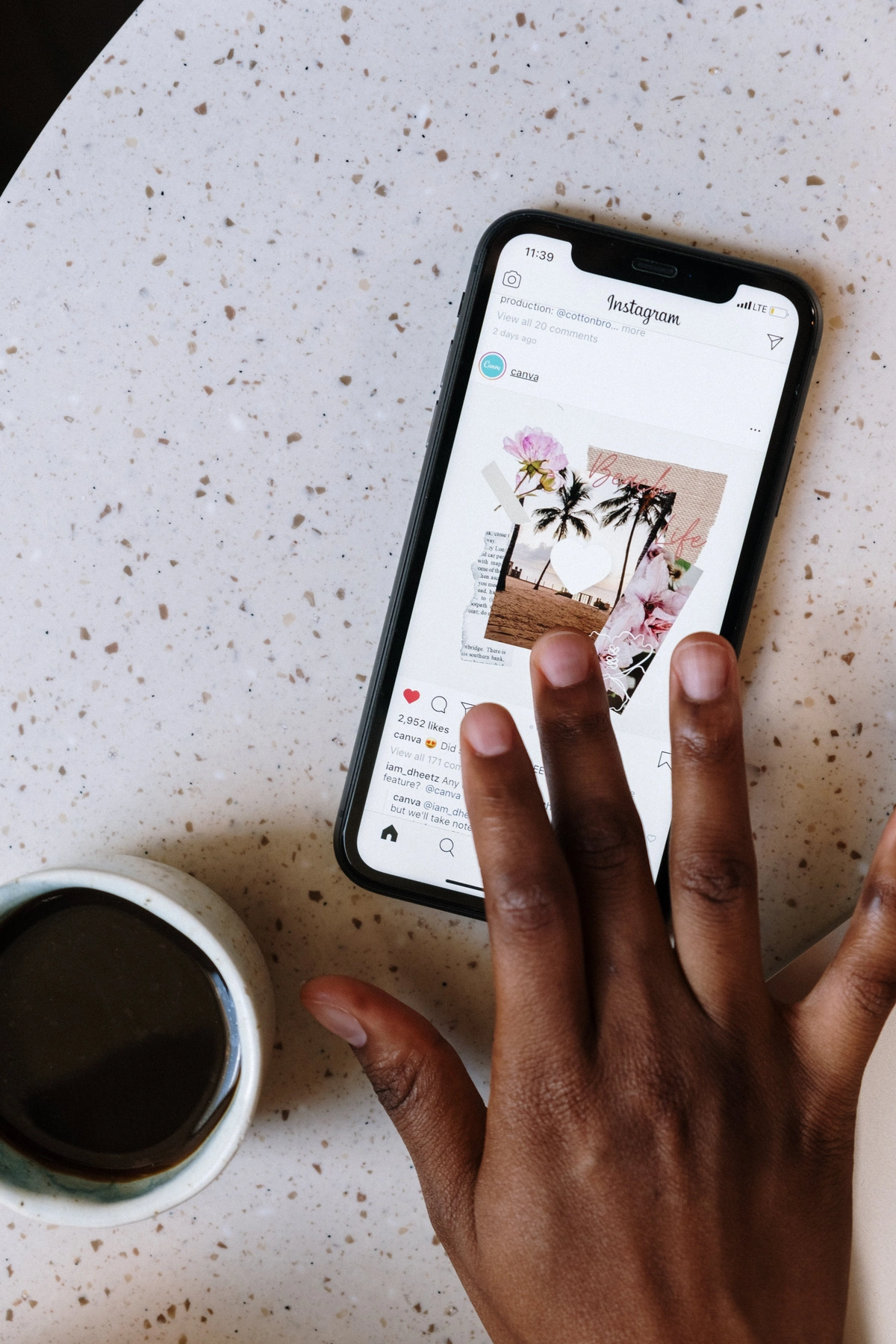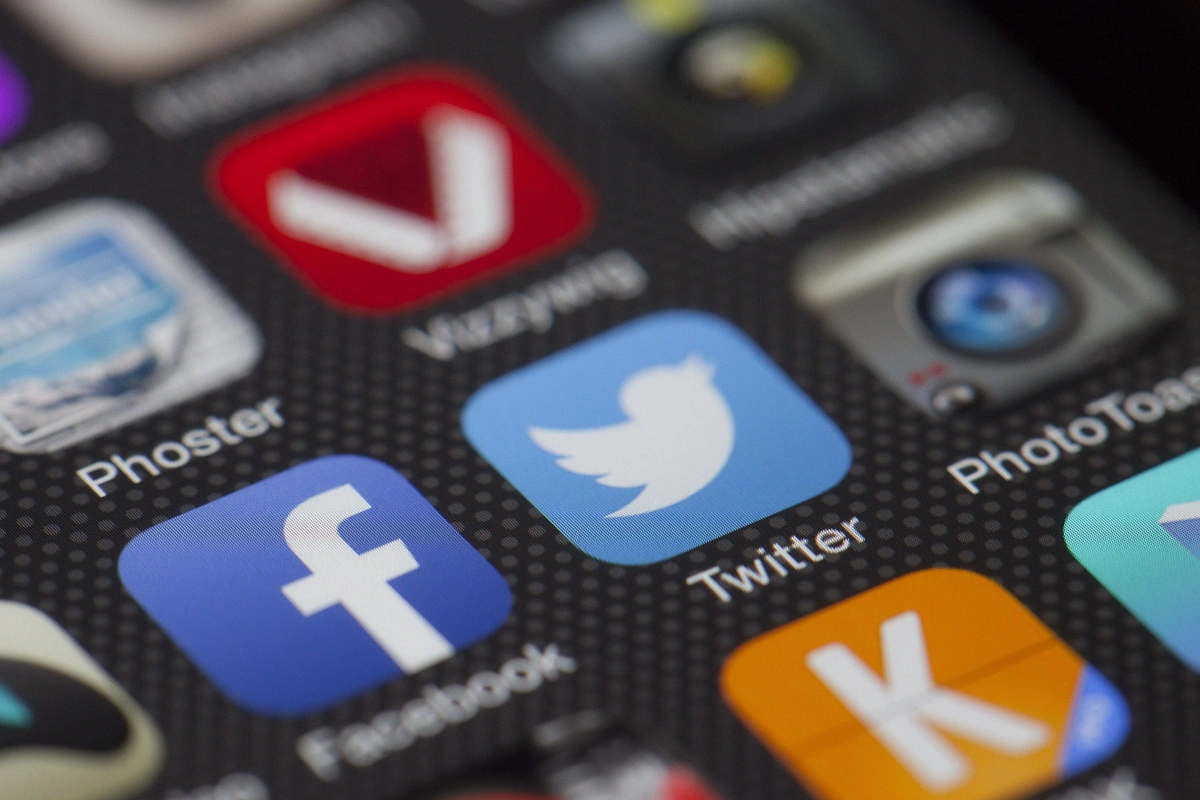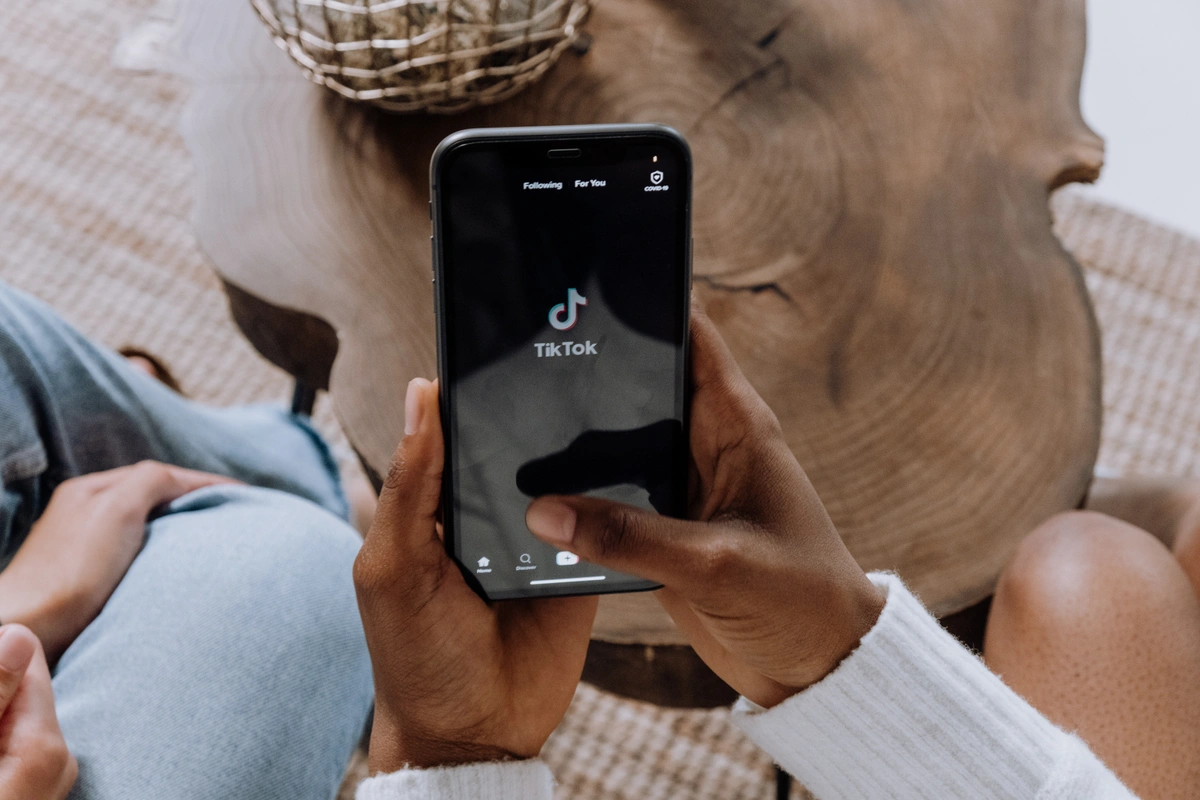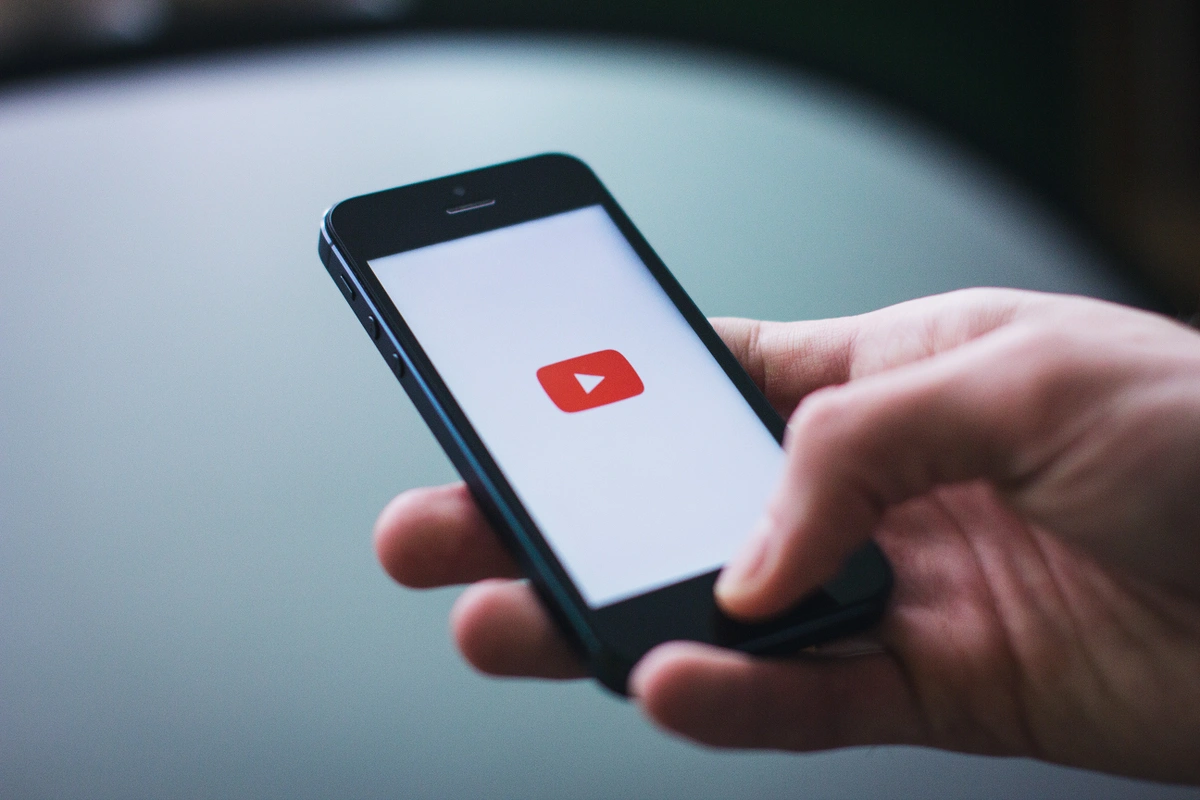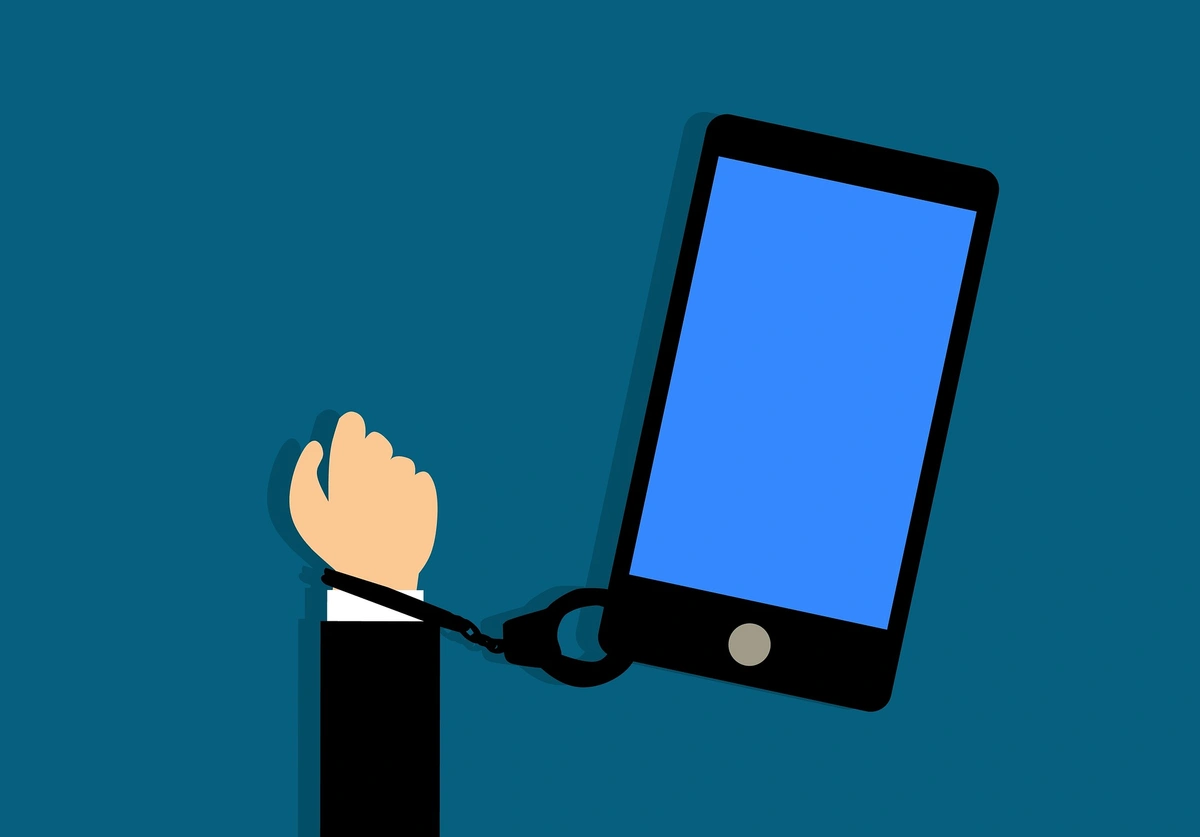Ladies and gentlemen, devoted YouTubers, and those who've fallen into the bottomless pit of endless content - welcome to a journey to unplug, unwind, and regain control of your digital life. If you've ever found yourself down the YouTube rabbit hole, scrolling past your bedtime, chuckling at cat videos until the wee hours, you're not alone. We've all been there.
So, grab your popcorn, relax in your comfiest chair (away from the computer), and let's talk about YouTube addiction and learn how to stop watching YouTube. If you are wondering what causes social media distraction, or Instagram addiction this blog is for you or you can stop using social media without deleting it with BeTimeful. With a pinch of humor, a dash of empathy, and a wealth of information, we'll explore how to recognize the signs of YouTube addiction and discover practical ways to kick this habit to the curb.
Table of Contents
- Introduction: The Siren Call of Cat Videos and Clickbait
- Are You Hooked on YouTube? Signs of YouTube Addiction
- Why is YouTube So Addictive? The Science Behind It
- Breaking Free: How to Stop Watching YouTube
- Digital Detox: Reclaiming Your Time and Attention
- A YouTube Addiction FAQ: Your Roadmap to Recovery
- Conclusion: Rediscover the Real World Beyond the Screen
- References
- Are You Hooked on YouTube? Signs of YouTube Addiction
If you are reading this, you are probably looking to quit social media because you’re wasting time watching YouTube for hours; HOWEVER, you might also feel a little anxious about cutting ties and feeling left out. Luckily we created BeTimeful with you in mind. By installing BeTimeful on your Android or iPhone, you can continue to stay connected without getting distracted by the Newsfeed:
BeTimeful makes sure you don't hooked into scrolling for hours. With BeTimeful, you don't need to delete social media apps or use any blocker. Here is how it works:
✅ BeTimeful hides all your distracting social media apps from your iPhone or Android 🔒
✅ You can have timed access to the distracting apps (scroll for 1, 5, 10 or more on your favourite App) 🕝
✅ Have unlimited access to feedless Instagram and YouTube!
✅ Access DM's without getting distracted 🤝
✅ Message your friends, prospects, and clients 📩
✅ Post videos, Reels, and all your content 📲
🔥 You can finally stay connected, productive, and NOT distracted with BeTimeful!
If you are still looking to get
Let's start with a reality check. How do you know if you're addicted to YouTube? Here are some common signs to look out for:
- Excessive Time Spent: You find yourself spending hours each day watching videos.
- Neglecting Responsibilities: YouTube usage interferes with work, school, or personal commitments.
- Emotional Attachment: You experience anxiety or irritability when you can't access YouTube.
- Loss of Sleep: Late-night YouTube binging affects your sleep schedule.
- Isolation: You withdraw from social interactions in favor of YouTube.
Why is YouTube So Addictive? The Science Behind It
You're not alone in your YouTube addiction. The platform is designed to keep you scrolling, clicking, and watching. Here's a glimpse of the psychology behind YouTube's addictive nature:
- Endless Content: YouTube offers an infinite library of videos, making it hard to resist clicking on just one more video.
- Engagement Strategies: Algorithms suggest content tailored to your interests, keeping you engaged.
- Rewards System: Likes, comments, and notifications trigger dopamine releases, keeping you hooked.
- Autoplay: Autoplay features lure you into a never-ending video stream.
Breaking Free: How to Stop Watching YouTube
Now, let's get down to the nitty-gritty. How do you break free from the clutches of YouTube addiction? Here are some strategies to help you regain control:
- Acknowledge the Addiction: Recognize that you have a YouTube addiction and commit to change.
- Set Clear Goals: Define why you want to reduce YouTube use and set specific goals.
- Track Your Usage: Monitor how much time you spend on YouTube to understand the extent of the addiction.
- Limit Access: Use website blockers or apps to restrict access during certain hours.
- Find Alternatives: Replace YouTube time with productive or enjoyable offline activities.
- Seek Support: Share your goal with a friend or family member for accountability.
Digital Detox: Reclaiming Your Time and Attention
A digital detox is like a spa day for your mind. Here's how to embark on one:
- Set Boundaries: Establish clear limits on your daily YouTube usage.
- Unsubscribe and Unfollow: Trim your subscriptions and unfollow channels that tempt you.
- Disable Autoplay: Turn off the autoplay feature to regain control over what you watch.
- Organize Subscriptions: Create playlists for your favorite channels to control your viewing habits.
- Use Productivity Apps: Utilize apps that help you focus and limit your screen time.
- Reward Yourself: Celebrate small victories along the way.
Down the Rabbit Whole at Bedtime YouTube
If you are getting caught by the YouTube rabbit hole before bedtime, then I'd recommend to try BeTimeful. BeTimeful is great for controlling your YouTube consumption, it will give you a Feedless YouTube on your phone and browser so you can search for your videos rather than get hooked by the recommended videos. You can also set limits so BeTimeful can kick you off right away after your time limit is done. BeTimeful gives you control over your YouTube consumption so you can get the sleep you need and deserve.
A YouTube Addiction FAQ: Your Roadmap to Recovery
Q1: Can YouTube addiction be compared to other forms of addiction like alcohol or drugs? A1: While the mechanisms may differ, addictive behaviors share some commonalities, such as compulsiveness and withdrawal symptoms.
Q2: Is it possible to enjoy YouTube without becoming addicted? A2: Yes, many people use YouTube responsibly. The key is finding a healthy balance.
Q3: Is it necessary to quit YouTube completely to recover from addiction? A3: Not necessarily. The goal is to regain control and use YouTube mindfully and in moderation.
Q4: How long does it take to break free from YouTube addiction? A4: The recovery timeline varies for each individual, but progress is possible with determination and support.
Q5: Can YouTube addiction have long-term effects on mental and physical health? A5: Excessive YouTube use can impact sleep, mental health, and physical well-being. Addressing the addiction is essential to mitigate these effects.
If you want to know how much time you're spending on YouTube, I'd suggest finding screen time on your Android or iPhone. You'll be able to find the amount of time your spend on you YouTube there.
Conclusion: Rediscover the Real World Beyond the Screen
As we wrap up this journey into the depths of YouTube addiction, remember that change is possible. By acknowledging your addiction, setting goals, and seeking support, you can reclaim your time and attention.
YouTube is a captivating platform, but don't let it consume your life. Rediscover the joys of the real world, embrace offline hobbies, and connect with people face to face. With determination, a sprinkle of humor, and a dash of resilience, you can break free from the YouTube abyss and regain control of your digital life. If you are wondering why TikTok is so addicting or considering whether to delete Instagram this blog is for you. Also, here's the guide on how to quit social media. If you are worried about social media distraction this blog is for you or get inspired by people with no social media.
References
For further reading and support on overcoming YouTube addiction, consider exploring these credible sources:

